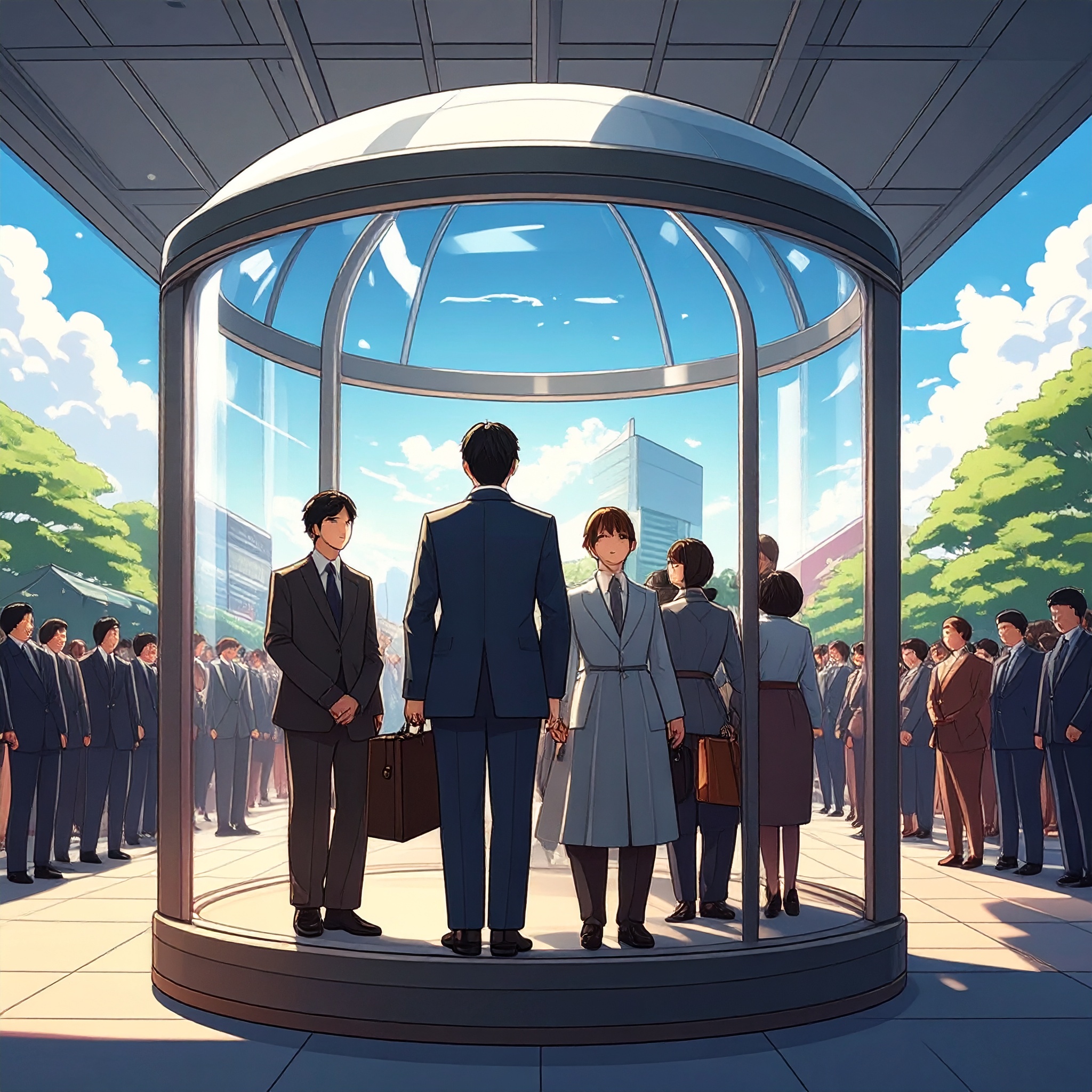One Day, a Boy Who Had Never Learned Japanese or Visited Japan Said, “Arigatou,” “Itadakimasu,” and “Baka Yarou.” The Reason? An Anime He Watched on Netflix.
This kind of story is now being heard all around the world. Once, diplomacy was the domain of suited officials and formal international conferences. But today, anime—a visual art form full of heart and creativity—may be one of Japan’s most effective cultural messengers on the global stage.
Anime has quietly evolved into more than entertainment. It serves as an unofficial cultural ambassador, delivering Japanese values, expressions, and everyday moments to audiences across borders. It does so with warmth, consistency, and accessibility—fostering familiarity and affection for Japanese culture, one episode at a time.
Anime as the First Encounter with Japan
For many people around the world today, their first experience of Japan no longer comes through kabuki or tea ceremony. Instead, it’s through a Kamehameha from Dragon Ball, a ninja technique from Naruto, or the intense “Total Concentration” from Demon Slayer.
Through anime, viewers are introduced—often without realizing it—to the outlines of everyday Japanese life: the language, food culture, school systems, social values, seasonal traditions, and etiquette. What is second nature to the Japanese becomes subtly and vividly shared with a global audience.
In this way, anime is more than entertainment—it is a remarkably precise cultural medium, one that conveys even the subtle “scent of daily life” in Japan through dialogue, setting, and emotion.
Translating Emotion Beyond Language
One of the essential roles of diplomacy is to deepen understanding of one’s country. Traditionally, this has been done through government-led cultural exchange programs, exhibitions, and official visits. But anime is achieving this goal on a deeply personal, emotional level.
Whether it’s the quiet spirituality of coexisting with the unseen in Spirited Away, the everyday warmth of family life in Crayon Shin-chan, or the humor and satire of Gintama, these stories move audiences—even through translation. They speak not just through language, but through emotion.
Anime, in this sense, is a powerful form of cultural diplomacy—one that bypasses grammar and cultural barriers to deliver emotional resonance. It represents Japan not through instruction, but through shared feeling.

The Influence of Anime as Soft Power
In an age where national strength is increasingly measured not by military or economic might, but by the power to move hearts through culture and values, Japan’s most prominent form of soft power is undoubtedly anime.
Since the 2010s, the Japanese government has supported anime as part of its “Cool Japan” initiative. Yet what truly stands out is how anime’s global influence has expanded organically, driven not by policy but by the passion of fans themselves.
Cosplay events, fan art, translation communities, anime pilgrimages, and doujin (self-published works)—all these grassroots activities are quietly serving as a form of people-to-people cultural diplomacy. Each act reflects an effort to understand, appreciate, and connect with something uniquely Japanese.
Stories, Not Borders, Are Shaping Global Connections
One reason Japanese anime resonates so widely is its storytelling—often free from national or religious frameworks. Themes such as moral ambiguity, the beauty of silence, harmony with nature, and an appreciation for the passage of time are distinctly Japanese, and precisely because they feel unfamiliar, they shine on the global stage.
In the Middle East, Hajime no Ippo and Captain Tsubasa have found deep relevance. In Europe, Fullmetal Alchemist and Attack on Titan are reinterpreted through local cultural lenses. These stories transcend national identity, creating spaces of empathy across borders.
If diplomacy is about connecting people, then anime represents a form of diplomacy where stories speak louder than nationalities—an emblem of resonant, narrative-based international dialogue.
Conclusion — A World Where “Konnichiwa” Comes Naturally
Right now, somewhere in the world, a child is saying their first “Konnichiwa” in Japanese. The reason? Not a textbook—but a single word spoken by an anime protagonist.
Anime doesn’t wave a national flag. It doesn’t carry diplomatic documents. And yet, more naturally, more gently, and more deeply than anything else, it introduces “Japan” to the world—not through government officials, but through characters, through shared emotion.
Anime is Japan’s unofficial diplomat. With the power of story, it quietly narrows the emotional distance between people, and between nations.




